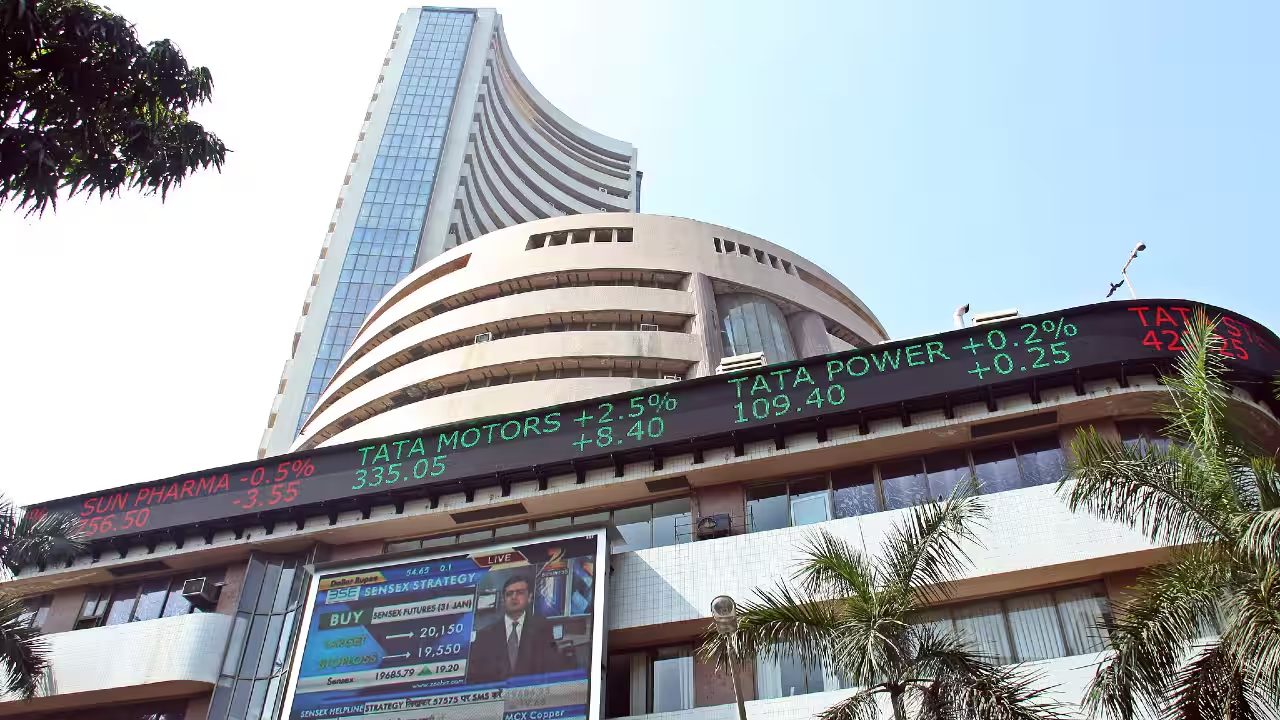Understanding Pelvic Inflammatory Disease: Causes, Symptoms, Treatment & Diet.

PID (Pelvic Inflammatory Disease) Awareness:
Pelvic Inflammatory Disease (PID) is a serious health issue that affects many individuals, particularly women of reproductive age. It's essential to raise awareness about PID to promote early detection, treatment, and prevention.
Here are some key points to know about PID:
What is PID?
- PID is an infection of the female reproductive organs, including the uterus, fallopian tubes, and ovaries.
- It's usually caused by bacteria, such as chlamydia or gonorrhea, which can spread through sexual contact.
Symptoms:
- Abnormal vaginal discharge
- Abdominal pain or tenderness
- Fever
- Painful urination
- Irregular menstrual bleeding
Complications:
- Infertility
- Ectopic pregnancy
- Chronic pelvic pain
- Increased risk of HIV and other STIs
Prevention:
- Practice safe sex (use condoms)
- Get tested for STIs regularly
- Avoid douching
- Get vaccinated against HPV and hepatitis B
Treatment:
- Antibiotics (early treatment is crucial)
- Pain management
- Rest and avoiding strenuous activities
Awareness and education are vital in combating PID. Let's work together to promote healthy habits, encourage open conversations, and support those affected by PID.
Diet:
Remember, early detection and treatment can significantly improve outcomes. If you suspect you or someone you know may have PID, seek medical attention promptly.
A healthy diet can help manage Pelvic Inflammatory Disease (PID). Focus on whole, nutrient-rich foods to aid recovery and reduce symptoms. Here are some dietary recommendations:
1. Increase vitamin C intake: Foods high in vitamin C (citrus fruits, berries, leafy greens) can help fight infection and boost immunity.
2. Eat antioxidant-rich foods: Antioxidants (found in foods like turmeric, ginger, and green tea) can reduce inflammation and promote healing.
3. Include omega-3 fatty acids: Omega-3 rich foods (salmon, flaxseeds, walnuts) can help reduce inflammation and promote healing.
4. Stay hydrated: Drink plenty of water to help flush out toxins and reduce discomfort.
5. Avoid trigger foods: Some foods may trigger or worsen PID symptoms. Common culprits include:
- Processed and high-sugar foods
- Dairy products (if lactose intolerant)
- Gluten (if sensitive)
- Spicy or heavy foods (which may irritate the digestive system)
6. Consider probiotics: Probiotic-rich foods (yogurt, kefir, kimchi) or supplements can support gut health and immune function.
7. Warm compresses and rest: Apply warm compresses to the lower abdomen and get plenty of rest to help manage pain and discomfort.
Remember, while diet plays a role in managing PID, it's essential to follow proper medical treatment and consult your healthcare provider for personalized guidance.
Photogallery



















